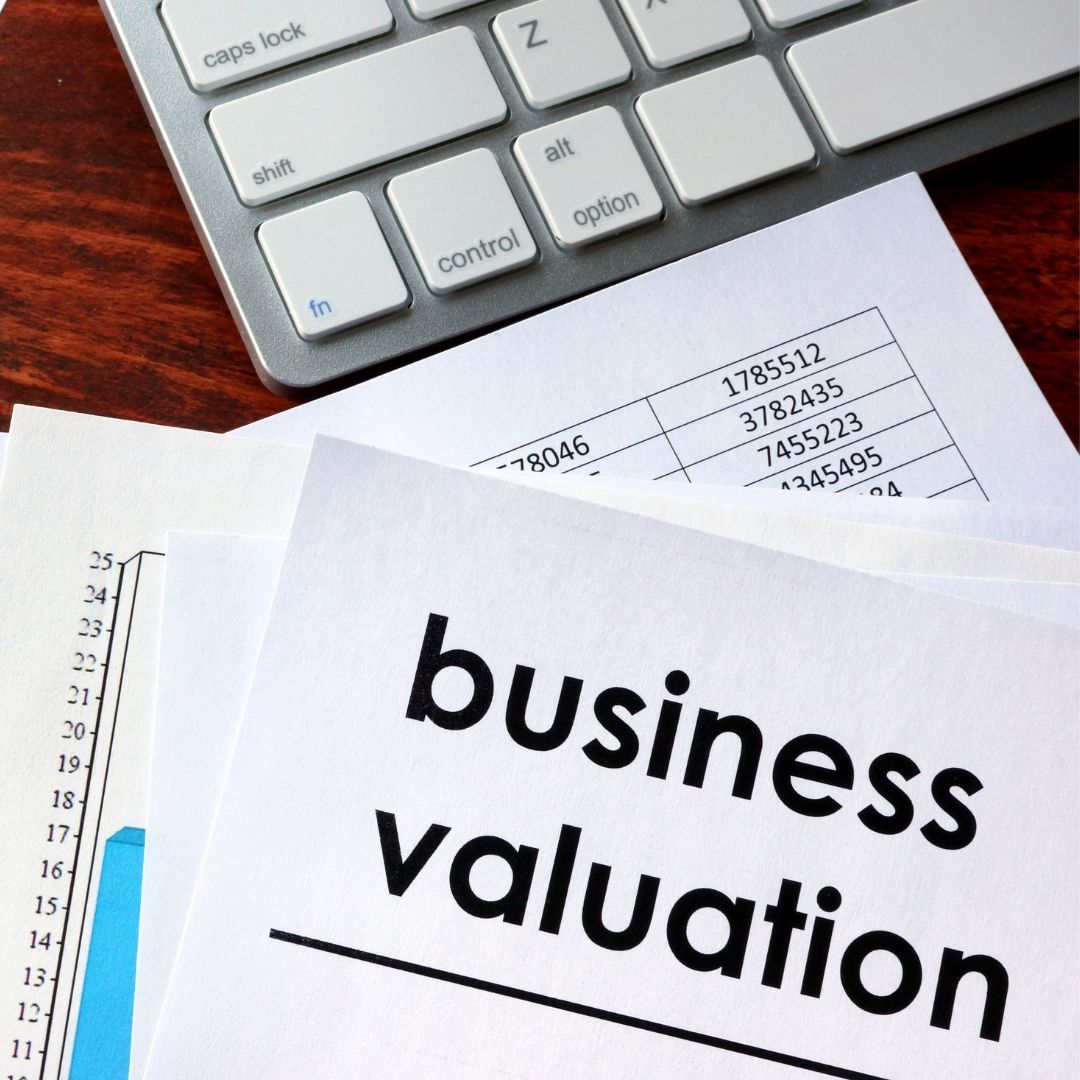What is Business Brokering?
The world of business is full of complex transactions, and one crucial role that often goes under the radar is that of a business broker.

Business brokering is a profession that plays a vital role in facilitating the buying and selling of businesses.
The Basics of Business Brokering
At its core, business brokering is the process of helping business owners sell their businesses or assisting individuals in buying existing businesses. Business brokers act as intermediaries, bridging the gap between buyers and sellers, and facilitating successful transactions.
Key Services Provided by Business Brokers
Business brokers offer a wide range of services to both buyers and sellers, making the process of buying or selling a business smoother and more efficient. Here are some of the key services they provide:
Business Valuation
One of the first steps in selling or buying a business is determining its value. Business brokers use their expertise to assess the business's financials, market conditions, and industry trends to arrive at an accurate valuation.
Marketing and Advertising
To attract potential buyers, business brokers create marketing strategies and advertisements to promote the sale of a business. They may use various channels, both online and offline, to reach a broader audience.
Confidentiality Management
Maintaining confidentiality is crucial during a business sale. Brokers ensure that sensitive information about the business is only disclosed to qualified and interested buyers, protecting the business's reputation and trade secrets.
Negotiation
Business brokers play a pivotal role in negotiation. They work to achieve a deal that satisfies both parties' interests, ensuring a smooth transition of ownership.
Due Diligence Assistance
During the due diligence phase, brokers help buyers and sellers gather and review all necessary documents and information. This step is crucial to verify the business's financial health and legal compliance.
Transaction Coordination
Brokers manage the complex paperwork and logistics involved in business transactions, from drafting contracts to coordinating with legal and financial professionals.
Financing Guidance
For buyers, securing financing can be a challenge. Business brokers can provide guidance on financing options and connect buyers with lenders.
Post-Sale Transition
After the sale, brokers may assist with the transition, helping the new owner navigate the intricacies of running the business.
The Importance of Business Brokers
Business brokers play a crucial role in the business world for several reasons:
-Expertise and Experience: Business brokers possess a deep understanding of the buying and selling process, as well as knowledge of various industries. This expertise helps streamline transactions.
-Access to a Network: Brokers have access to a network of potential buyers and sellers, which can significantly speed up the process and increase the chances of finding the right match.
-Time and Resource Savings: Selling or buying a business is a time-consuming process. Business owners can focus on running their businesses while brokers handle the sale, saving valuable time and resources.
-Objectivity: Brokers provide an objective perspective, ensuring that emotions don't cloud judgment during negotiations.
Business brokering is a critical profession that facilitates the buying and selling of businesses. Whether you're a business owner looking to sell or an aspiring entrepreneur seeking the right opportunity, enlisting the services of a business broker can make the process more efficient, secure, and ultimately, successful. Their expertise, network, and guidance are valuable assets in navigating the complex world of business transactions.










